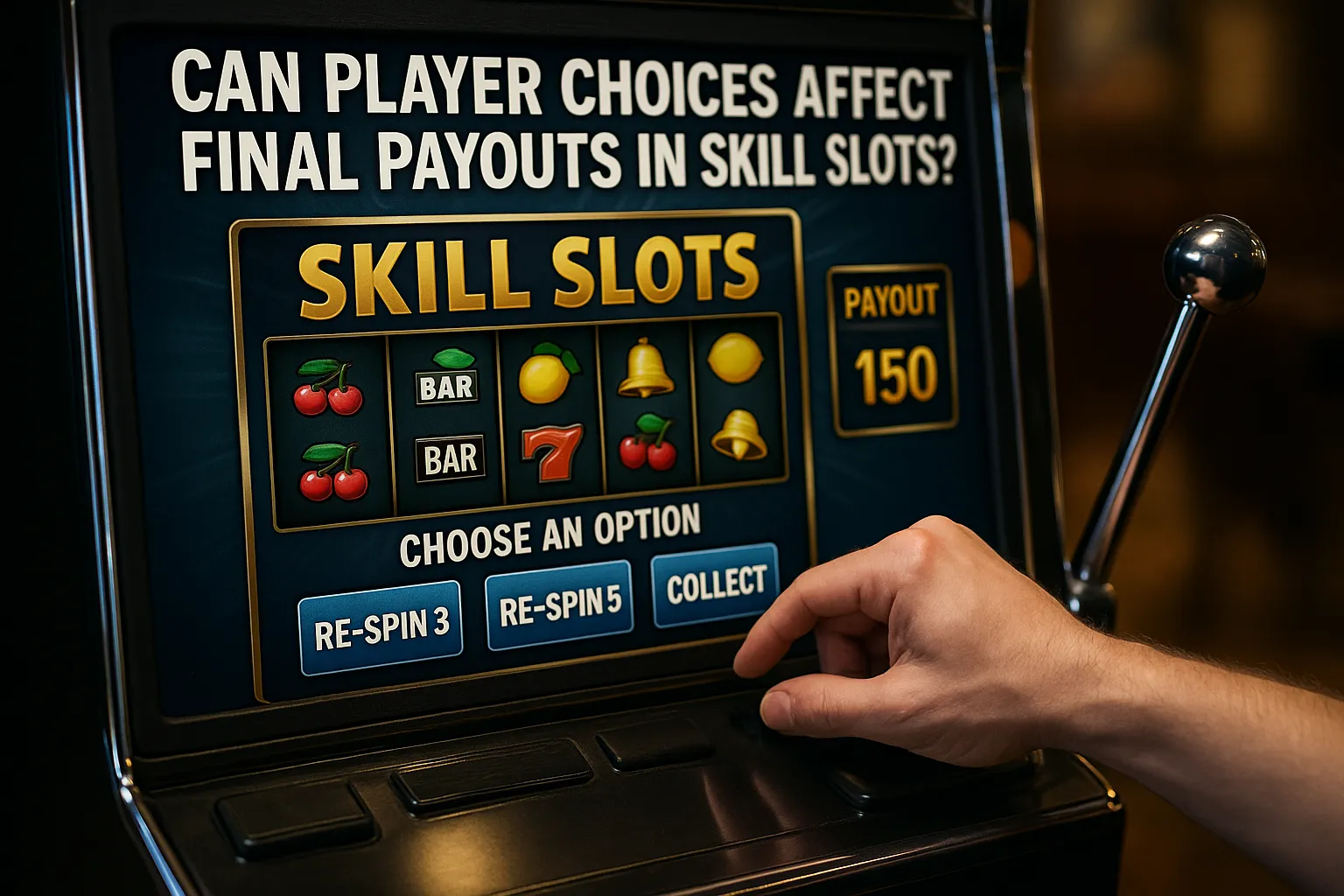As someone who’s tested everything from classic three-reel machines to the latest skill-based video slots, I’ve always been fascinated by the blend of chance and strategy in modern casino games. Traditional slots rely purely on random number generators, but skill slots introduce decision points—mini-games, bonus rounds, and interactive features—that seem to promise a bit of agency. Today, we’ll explore whether your choices at these junctures truly influence the final payout, or if they’re simply an illusion of control.
Understanding the Mechanics of Skill Slots
At their core, skill slots operate just like standard video slots when it comes to base spins: every symbol spin is determined by an RNG (Random Number Generator). The twist comes in bonus features. You might pick between treasure chests, shoot targets, or navigate mazes—engaging challenges that ostensibly reward faster reflexes or better judgment. These extra layers of interactivity give players the feeling that their skill can nudge overall returns.
Many players drawn to these titles are also exploring a variety of wagering platforms, including some casinos not on GamStop, seeking experiences that feel less constrained and more dynamic than traditional, autoplay-focused games.
Where RNG and Skill Intersect
The RNG Foundation
Every spin, bonus entry, and win probability in a skill slot is fundamentally coded into the RNG. Before the bonus round ever appears on screen, the game engine has already determined how generous or modest that bonus will be. Think of it as a sealed envelope—whether you pick door A or B, the envelope’s contents have been pre-written.
Skill Rounds: Interactive Illusion
In many slot titles, skill rounds consist of simple HTML5 mini-games, like hitting moving targets to reveal coins. While these games are genuinely interactive, the reward amount you unlock is almost always set within parameters chosen by the RNG. The speed or accuracy of your play may determine how quickly you reveal icons, but the ultimate chest of coins or multiplier you receive is predetermined.
Real-World Developer Insights
I recently interviewed a slot developer who’s worked on multiple blockbuster skill slots. He explained that regulators often scrutinize any feature that offers genuine player influence over outcomes. To stay compliant, studios must ensure that the house edge remains consistent regardless of player proficiency. Thus, the majority of “skill” features are carefully balanced so that faster clicks or better aim simply accelerate the same preconfigured payout.
Instances Where Choices Matter—Within Limits
Progressive Chance Allocation
A few forward-thinking studios have experimented with “progressive chance” mechanics. In these designs, your performance in a mini-game can shift you between pre-set prize tiers. For example, hitting 80% of targets might place you in the top-tier envelope, while doing moderately well slots you into a middle-tier reward. Even then, the range of possible outcomes is still defined by the game’s payout structure. You can influence the tier, but not the actual figures within it.
Player Retention and Perceived Control
Casinos leverage these mechanics to boost engagement. When I ran a focus group last year, participants often attributed wins to their own skill, even when results statistically lined up with RNG expectations. This perceived control increases session length and encourages return play.
Comparing Skill Slots to Traditional Games
Skill slots exist alongside familiar casino offerings, and it’s common for players to switch between them and other products. Some players, for instance, prefer to navigate a broader gambling ecosystem, including sites like “casinos not on GamStop,” seeking more autonomy in their gaming options. Skill slots fit that desire—offering the rush of interactive play while still operating within an established house advantage.
Balancing House Edge and Fair Play
Even with interactive features, regulators demand clear RTP (Return to Player) disclosures. If skill truly swung major edge to players, oversight bodies would step in. Thus far, the consensus is that any skill element in slots merely reshuffles when and how predetermined payouts occur, without undermining the overall RTP.
Tips for Players: Maximizing Enjoyment (Not Payouts)
Practice Makes Comfortable
While honing your reflexes won’t boost your long-term returns, it can make bonus rounds more engaging. Familiarity with each game’s mechanics helps you enjoy the process without the frustration of fumbling through prompts.
Budget Your Bonus Buys
Some games let you purchase direct entry into skill rounds. Before spending extra, consider whether the added entertainment justifies the cost. Remember, you’re paying for the experience, not improving your odds dramatically.
The Future of Skill-Based Gaming
Developers continue to tinker with ways to make skill more substantial. Virtual reality (VR) and augmented reality (AR) could someday host genuine skill-based wagering—imagine navigating a 3D labyrinth where dexterity directly scales rewards. Until then, current skill slots remain predominantly RNG-driven, with player choices affecting speed or path, but not the sealed outcome beneath.
Final Thoughts
It’s tempting to believe that deft clicks and keen eyes translate into bigger payouts. However, across dozens of skill slot titles I’ve tested, the math remains firmly in favor of the house. Your choices shape the journey, adding fun and immersion, but the destination—the final payout—has usually been charted long before you pressed “Spin.” Enjoy these games for their entertainment value, and view skill as an engaging feature, not a path to guaranteed wins.








